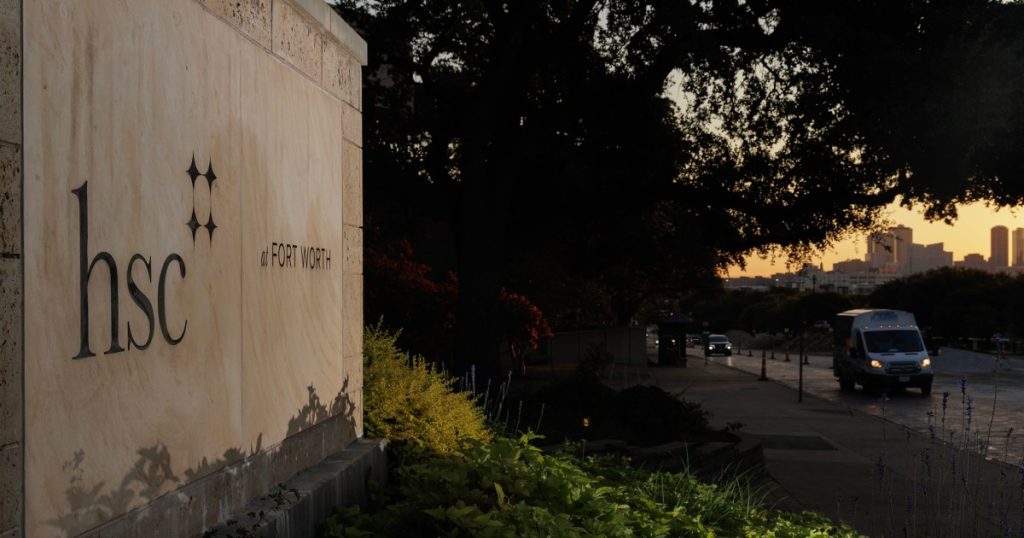The University of North Texas Health Science Center in Fort Worth has been receiving unclaimed bodies from Dallas and Tarrant counties for the past five years. These bodies were evaluated for their suitability for medical research, with those testing positive for infectious diseases or showing signs of decomposition being cremated. However, the majority of bodies, over 830 out of around 2,350 since 2019, were embalmed or stored in freezers. Some of these bodies were used to train future healthcare professionals, while others were dissected and leased out to various medical institutions and companies.
Advocates for the use of unclaimed bodies in medical research argue that it is a cost-effective way to advance scientific knowledge while also saving taxpayers money on burial expenses. However, a recent NBC News investigation uncovered that several families in North Texas were unaware of what had happened to their missing relatives whose bodies were donated to the Health Science Center. Upon learning of this, the center stopped using unclaimed bodies, terminated the staff members responsible for the body donation program, and issued apologies to affected families. Since then, additional families have come forward to share their experiences of discovering that their loved ones’ bodies were donated without consent.
To aid families in uncovering the fate of their relatives’ remains, NBC News has compiled a database of over 1,800 individuals whose bodies were received by the Health Science Center from Dallas and Tarrant counties. This information was obtained through public records requests from the county medical examiners. By making this database public, NBC News hopes to provide transparency and help families in their search for answers about their loved ones.
The controversy surrounding the use of unclaimed bodies for medical research raises ethical questions about consent and transparency in the donation process. Families have expressed shock and sorrow upon learning that their relatives’ remains were potentially studied and dissected without their knowledge or permission. The situation highlights the importance of ensuring that proper protocols and safeguards are in place to protect the rights and wishes of individuals who donate their bodies to science.
Moving forward, there will likely be increased scrutiny and oversight of body donation programs to prevent similar cases of families being left in the dark about the fate of their loved ones’ remains. It is crucial for institutions involved in medical research to prioritize transparency, communication, and respect for donors and their families. By addressing these concerns and implementing safeguards, the medical community can uphold ethical standards and build trust with the public regarding the use of human remains for scientific research.













